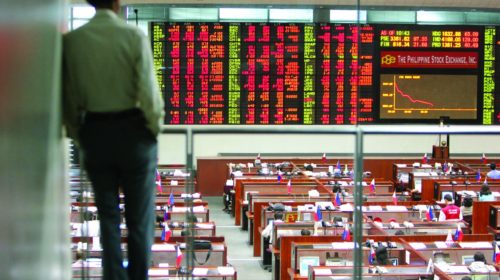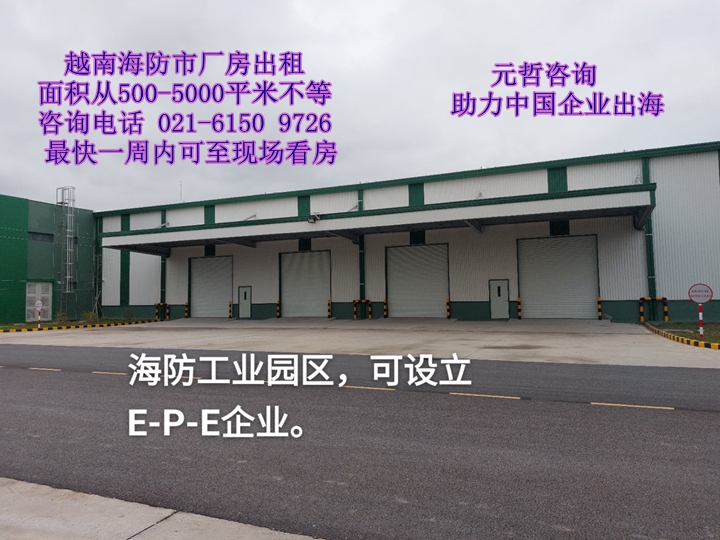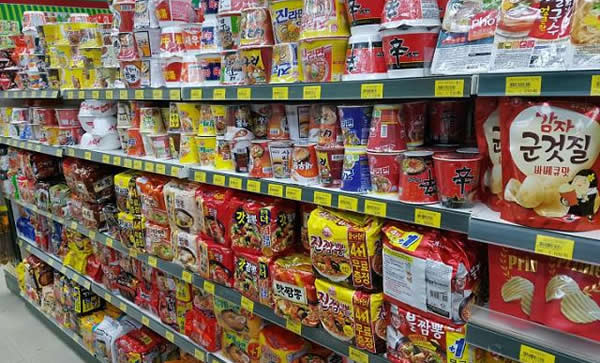Vietnam Securities Market Has a Good Prospect
There are two stock exchanges in Vietnam. The larger one is Ho Chi Minh Stock Exchange (HOSE) which is located in Ho Chi Minh City, the largest city of Vietnam. Established in 1997, it is the first stock exchange in Vietnam. The smaller one is Hanoi Stock Exchange (HNX) which is located in Hanoi, the capital of Vietnam. At the end of 2018, HOSE accounted for over 90% of the aggregate market value of about USD 170 billion of the two stock exchanges. HNX plays an important role in the listing of small and medium-sized companies, the bond market and the derivatives market.
According to CRI, at the end of 2018, over 2.10 million individual investors, including nearly 30,000 foreign individual investors, had a securities account in Vietnam. The number of individual investors was equivalent to about 2% of Vietnam’s population. Less than 5% of the securities accounts opened by individual investors were active. Although Vietnam’s securities market is dominated by individual investors, the number of institutional investors is also growing. At the end of 2018, there were 9,100 institutional investors in Vietnam. The number of foreign institutional investors reached 3,242, increasing by about 1% YOY. At present, the average daily turnover of stocks in Vietnam is less than USD 200 billion. The price limit for a normal trading day is 10%.
A-Share Listed Securities Companies – Profiles and Financial Data
According to CRI, low trading capacity and low liquidity (T+2) make Vietnam’s stock market less attractive to foreign investors to some extent. However, this situation is expected to change as the Vietnamese government is introducing measures to increase market liquidity and expand the stock market. On one hand, the government is reducing or withdrawing investment in state-controlled enterprises by advantage of capital market. More large enterprises are planning to go public, which is regarded as a good investment opportunity by all parties on the market. On the other hand, Vietnam is considering reform of its securities trading system. The plan is to achieve T+0 trading by the end of 2019 to improve stock liquidity.
Vietnam’s GDP is growing at an annual rate of more than 7%. Foreign investment is pouring into Vietnam, which will definitely promote the growth of Vietnam’s stock market.
According to CRI, the Vietnamese government has honored its WTO commitments and opened its securities market. The securities companies in Vietnam mainly engage in brokerage business with commission rate of about 0.15%. They can also engage in margin trading and securities lending, issue letters of guarantee (similar to the letters of guarantee by Chinese commercial banks) to grant loans to investors at annual interest rates of more than 10%. In addition, they provide investment bank services with a minimum commission of only USD 10,000. With passport, foreign investors can open accounts with local securities companies and banks. Lacking financial knowledge, Vietnamese people would rather invest in the real economy than invest in securities. As their income rises, more people will participate in the securities market.
Dominated by foreign investment, Vietnam’s fund management industry has a large scale. The amount of assets managed by the largest fund in Vietnam exceeds USD 1 billion. For example, Bill & Melinda Gates Foundation has dozens of funds in Vietnam, and the smallest one manages more than USD 10 million. Chinese financial companies such as Ping An Asset Management Co., Ltd. are also entering the Vietnamese market.
Thanks to loose regulation of foreign exchange, international funds continue to flood into Vietnam’s capital market where fund lows is unrestricted and personal capital gains are tax-free. With the introduction of favorable policies, foreign funds are flowing into Vietnam’s securities market.
According to CRI, on July 10, 2019, VNINDEX (HSX) closed at 973.65 points, up about 9% from the beginning of 2019; the turnover was about VND 3.87 trillion (USD 165 million).
CRI estimates that the dynamic price-to-earnings (P/E) ratio of stocks in Vietnam is lower than 15. The P/E ratios of consumable stocks and bank stocks are 20 or higher while the P/E ratios of real estate stocks and electricity stocks are low. In Vietnam, most listed companies like passing dividends, which leads to high dividend yields. Some companies have dividend yields of 50% or 60% and even see dividends exceed market value mainly because listed companies in Vietnam prefer cash dividends. Some listed companies in Vietnam may defraud investors by creative accounting. It is advised to avoid buying stocks with high risks.
For more information about Vietnam’s securities market, please call +86-21-6150 9726.




